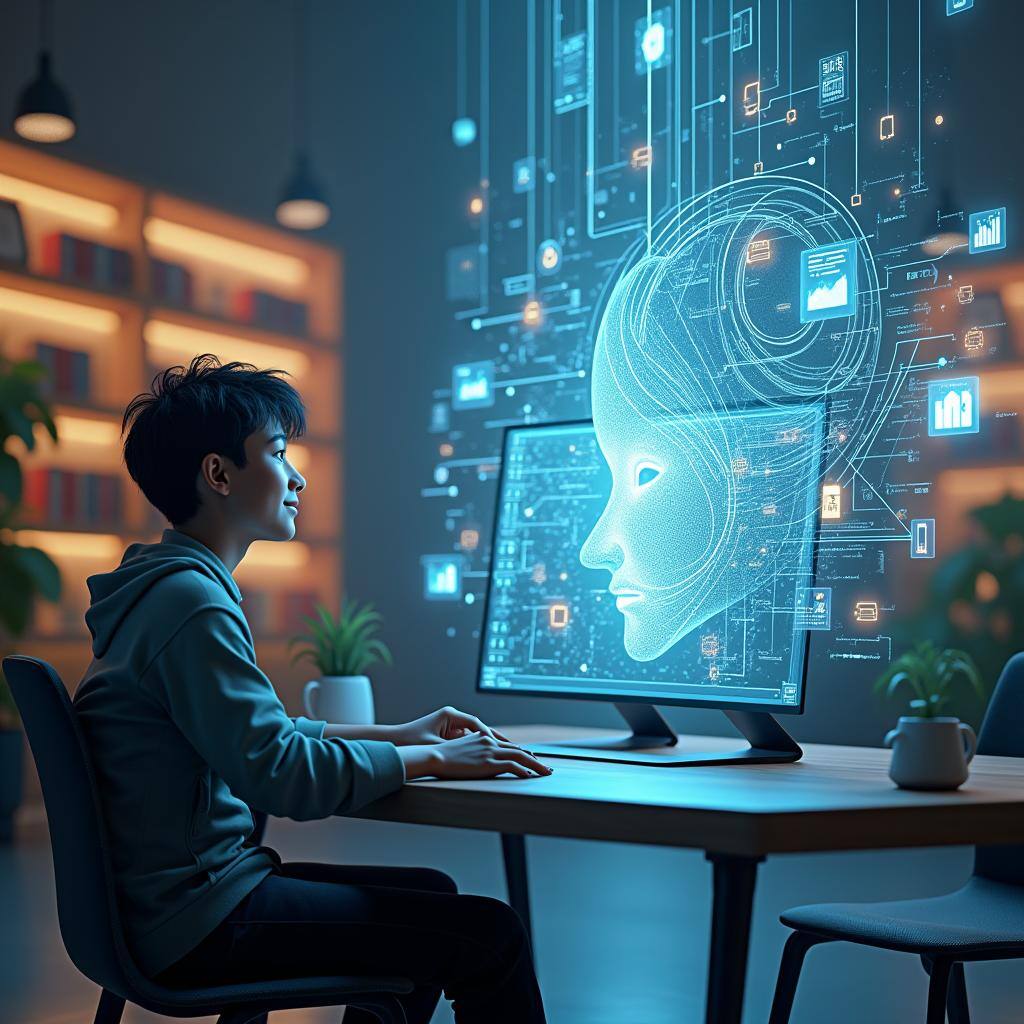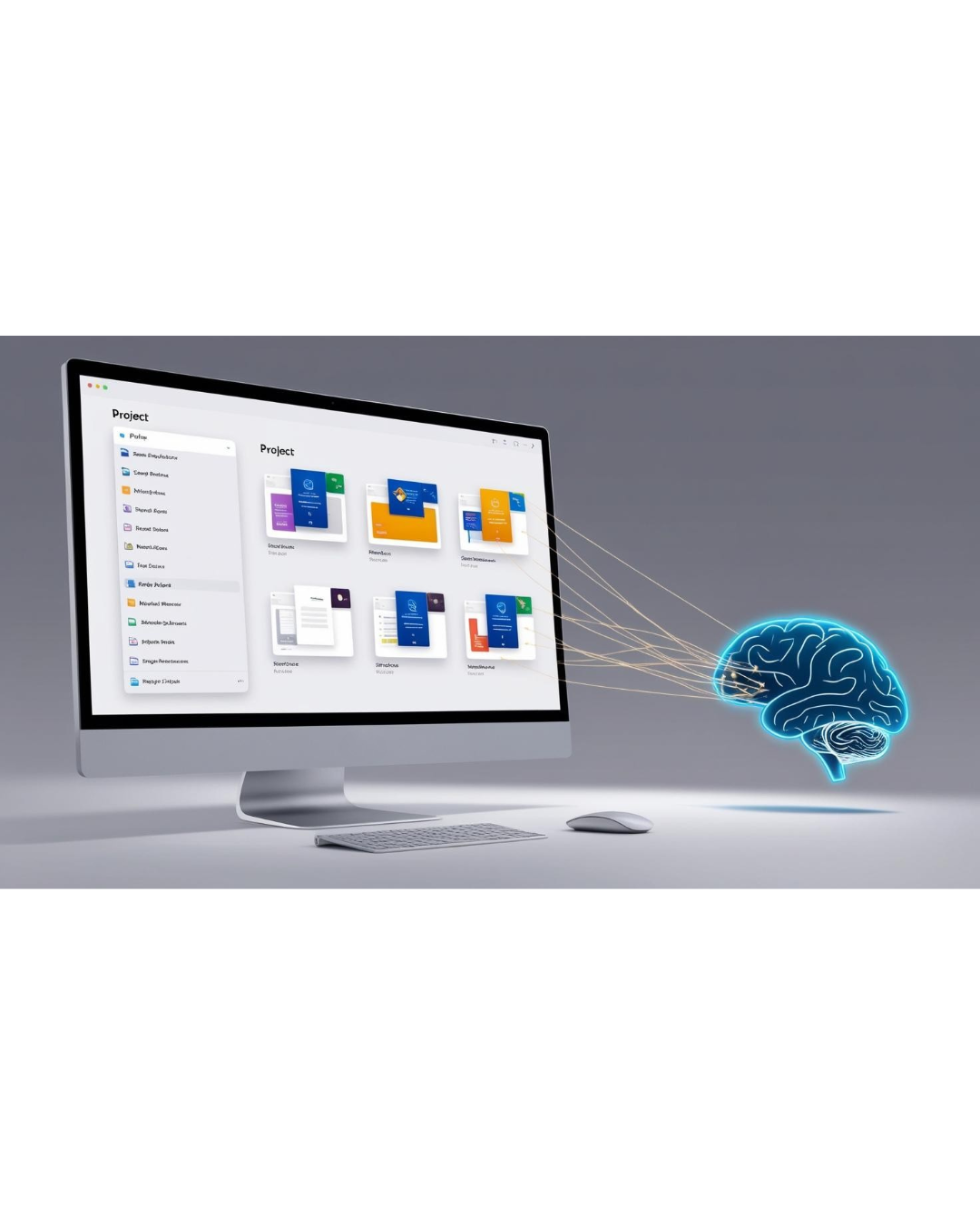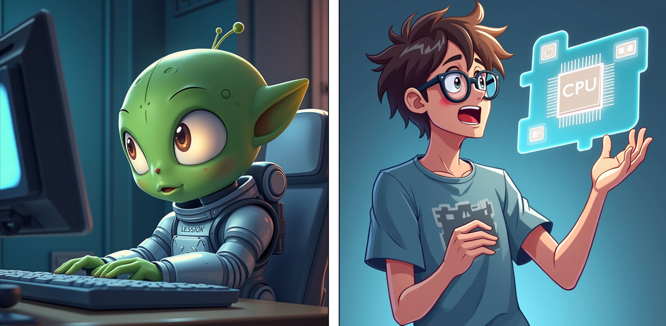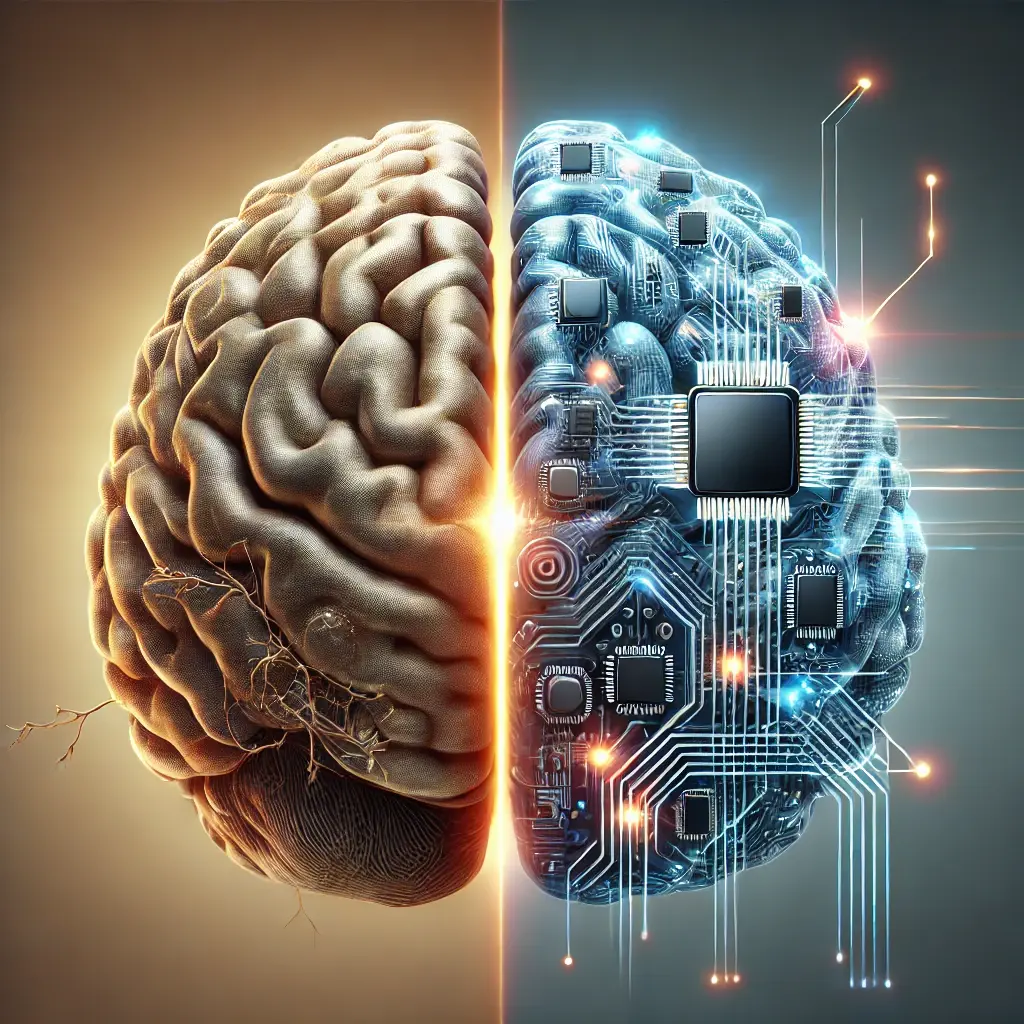"Did you see what happened on the other end of the street? Someone pushed a little girl and she got all bruised up.”
When you hear something like this, what’s the first thing that comes to mind? Aside from a “holy crap” reaction, my guess is it’s probably along the lines of “What was the context?” It’s the “what else was going on, how did this come to be, fill me in on the surrounding details so I can grasp the whole picture” type of thinking.
Context is what we naturally seek in order to understand any situation. Without it, stories, events, and even daily conversations can feel disjointed or misleading. But what exactly is context and how does it shape the way we work, communicate and interact with the world?
Context and Human Perception
If you knew that someone pushed the girl to save her from being hit from a car, wouldn’t that context change your perception of the event?
At its core, context is the collection of circumstances, background information, and cues that allow us to give meaning to an event or situation. As humans, we rely on context to make decisions, interpret social interactions, and find solutions to problems. We constantly take information from our environment - things that happen, stuff people say and do - and we tap into information from our past experiences to make sense of it all and move forward.
The context we create, however, isn't always neutral. In fact, it has the ability to either empower us or hold us back. When we interpret or perceive events from a lens of possibility or growth, it can drive us forward ("Ok, that product launch didn't give us the results we hoped for. Let's figure out what happened and what we could do differently to make it better next time"). On the other hand, when our context is shaped by limiting beliefs or negative interpretations, it can stifle progress, making challenges seem insurmountable. ("We totally failed! We flopped! This is horrible! We can't come back from something like this")
But I digress. Let's get back to the topic at hand: the role of context in how we perceive and interact with technology.
Context in the Workplace
Now think about how this applies to your work. Every project or initiative has its own context - whether it’s the goals, stakeholders involved, resources you need, or any other relevant data. When we approach our work, we naturally bring together everything we know to get the job done.
In writing this blog post for example, I know what the topic is, when I need to write it/publish it, the resources I need to get it done, the people involved, how it fits into the larger strategy of creating awareness around the problem space, the documents I’m referencing, the tools I need to get it all done, and the metrics I’m measuring and monitoring to help us understand performance and impact. All that context is in my head, with pieces of it scattered across apps on my computer and perhaps in the minds of others I’m collaborating with.
So here’s the problem - our computers don’t do that. Despite all the technological advances and the rise of AI agents, computers don’t retain or carry context the way we do. My computer doesn’t "know" that the Google Doc I’m writing in connects to research in other documents, a calendar in a spreadsheet or a page in our CMS. It doesn’t "understand" how all these elements fit into the broader strategy, which is captured across other apps. And it does nothing to help me carry that context.
Right now, every task, every app, every document exists in its own isolated silo, and it’s up to us to use the context in our heads to constantly, repeatedly, every time we sit down to do work on our computers, connect the dots. We’re the ones who have to keep track of what’s going on, which tools to use, how each piece of information relates to the others, and manually bridge the gaps.
That’s why our work feels fragmented and why it’s harder to stay focused. We spend so much time searching, copying, pasting, and juggling apps, all while holding the cognitive load of context in our heads. Our computers are not context-aware the way we are. And THAT is the core issue.
And no matter how advanced our software gets, it still lacks contextual awareness. AI tools can help with specific tasks, but they still rely on us to tell them what to do. We are constantly feeding our technology with prompts, inputs, and manual connections to give it the context it needs.
So, what if our computers could hold that context for us? What if they could “understand” the projects we’re working on and help us manage them without constant direction from us?
What would happen if our computers had contextual awareness?
Well, the implications are staggering! It would fundamentally change the way we interact with technology. A world where your computer anticipates your needs, has the context of everything you're working on, and seamlessly connects the dots between tools, apps, and information - without the constant manual input from you?
Holy moly. This wouldn't just be incremental progress. It's the kind of leap that redefines what technology can do for human capacity. It's the moment where computers finally work for us, not the other way around.
Reimagining Work With Context-Aware Computing
Imagine that world where your computer carries the full context of your work - where it knows the tools you’re using, the goals of your projects, the relationships between all your apps and files, and who needs to know what and when. In this world, you wouldn’t have to manually move information between programs or remind your tools what’s going on. Your computer would be as “aware” of your work as you are.
That’s what we’re building at Reframe - a new technology that introduces contextual awareness at the system level. This technology forms the foundation of what we call the Organized Work Environment (OWE). The OWE creates a seamless, integrated workspace where context isn’t lost, but continuously tracked and transferred across apps. This means no more endless tab-switching, no more hunting for information - it’s all right there, connected and ready. What you need, when you need it.
Context-Aware Computing Is The Future
And here’s the thing - the true power of AI won’t be realized until it operates within a context-aware system. AI tools are only as good as the context they’re given. Just like humans! Without a full understanding of your workflow and the information surrounding your tasks, AI remains limited in what it can do. But with contextual awareness, AI could finally reach its full potential - helping you (and entire teams/organizations) not just with isolated tasks, but by intelligently supporting your entire work process.
At Reframe, we believe that this shift of bringing context-awareness to our digital environments is the key to unlocking a new era of productivity, creativity, and collaboration. We believe that with the Organized Work Environment, your computer becomes more than just a tool - it becomes a partner, anticipating your needs and helping you work smarter, not harder.
If you’re ready to experience the future of work, we invite you to join us! Sign up for early access and be a part of the movement to build the next generation of context-aware computing.




